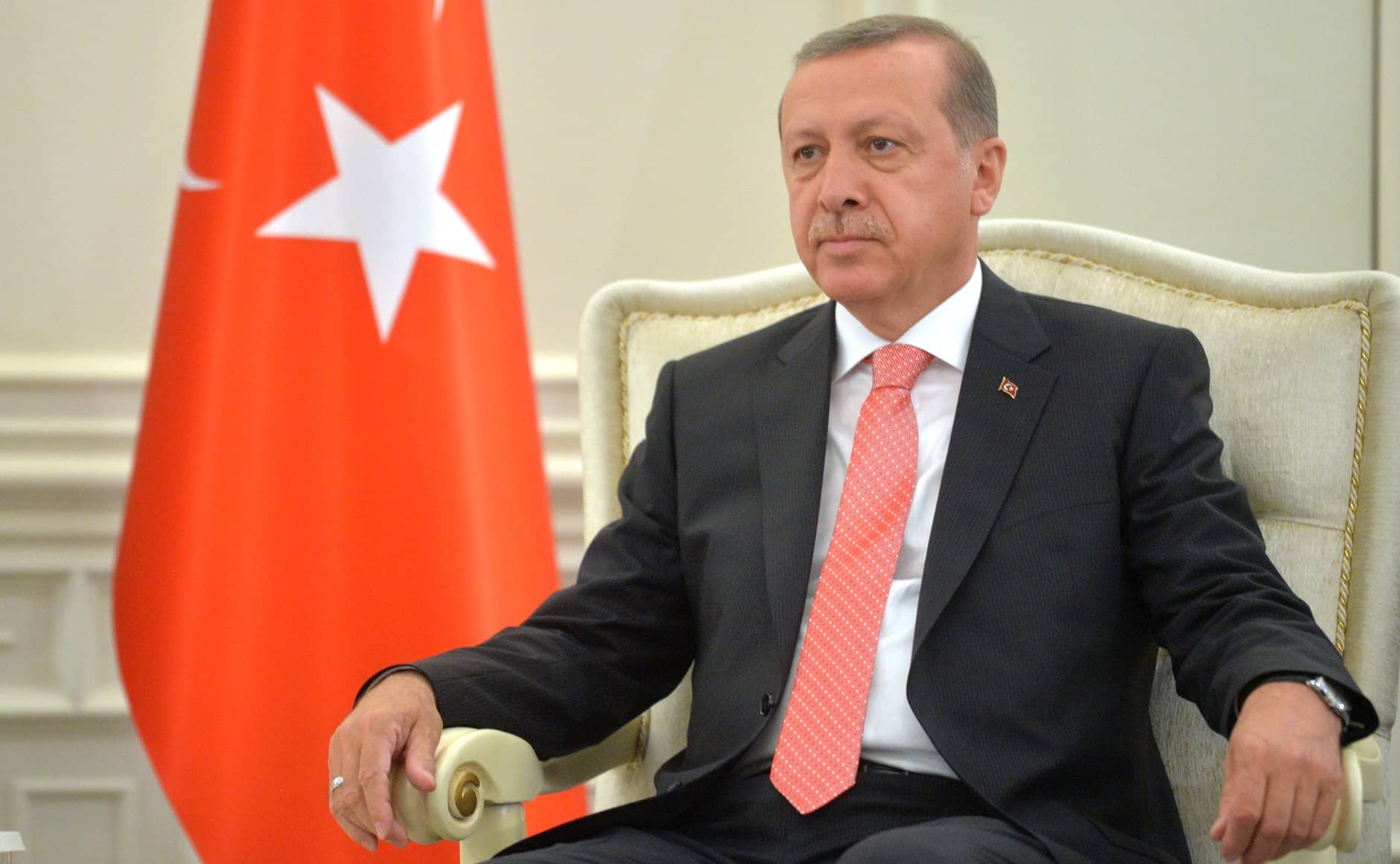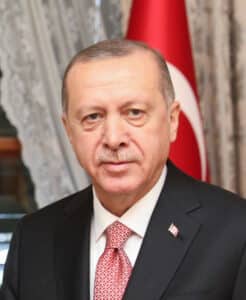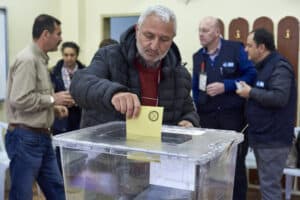Turkey’s President Erdogan announced early elections scheduled for June 24th on April 18th after Devlet Bahçeli, leader of the Nationalist Movement Party (MHP) and political ally of President Recep Tayyip Erdoğan, proposed it on April 17th. Presidential and parliamentary elections were scheduled for November 2019, after which the constitutional changes made in 2017 will take effect. ‘’The nation cannot wait until 2019 for the polls and the best time would be his year.’’ according to Bahçeli. Although Erdoğan has vowed in the past that the next elections would be held ‘’on time’’, it has been suspected for several months that Ankara wants a quick transition to an executive presidency.
The call comes amidst growing criticism from the opposition and the European Union over the state of emergency. On April 19th the parliament will vote to extend the emergency law for the seventh time. The state of emergency has been criticized as undermining Turkish democracy.
Important election
The next elections in Turkey will mark the transition from a parliamentary system to a presidential system of government. The constitutional changes will grant the next president unprecedented powers. The reforms will enable the president to appoint and fire ministers and top state officials, control the budget, issue decrees, and declare emergency rule. Parliamentary elections will be held every five years, instead of four, and at the same time as the presidential elections. Furthermore the office of prime minister will disappear and parliament will lose its right of interpellation.
The main opposition Republican People’s Party (CHP) has therefore called the upcoming elections the choice between a ‘’one-man regime’’ and ‘’rule of the people’’. Party leader Kemal Kılıçdaroğlu stated in reaction to the snap election, that his party is ready to meet the challenge of elections. Nonetheless the opposition is fragmented. The CHP hoped to form an election alliance, but so far none of the opposition parties were able to find common ground.
Without a united opposition it seems unlikely that Erdoğan will meet a real challenge in the presidential election. The AKP is currently riding a positive wave. The economy is booming, with a projected growth of 7% this year. In the realm of foreign policy, Turkey is also flexing its muscles. The Afrin operation in Syria is highly popular in Turkey. It is possible that Bahçeli thinks that the People’s Alliance can capitalize on this success with the elections this year.
State of emergency
The call for early elections came just days before a vote that will prologue the emergency law that grants the government unprecedented power. Kılıçdaroğlu recently launched a campaign against the state of emergency that took effect after the 2016 Coup attempt. Under the emergency law the authorities have been able to arrest thousands of suspected members of what they call the Gulenist Terror Organisation (FETO). The CHP has stated that in the current political climate, elections wouldn’t be fair nor free.
In the annual EU enlargement report, published on April 17th, the European Commission also condemned the state of emergency. The Commission cited the 31 decrees that have been in effect under the emergency law as undermining ‘’certain civil and political rights, including freedom of expression, freedom of assembly and procedural rights.’’ It thus effectively concluded that elections in this environment would be undemocratic. The EU has been highly critical of Turkey’s political course of late. The constitutional amendments were deemed by the Venice Commission, Council of Europe’s body of experts in (constitutional) law, to be ‘’lacking sufficient checks and balances as well as endangering the separation of powers between the executive and the judiciary’’.



